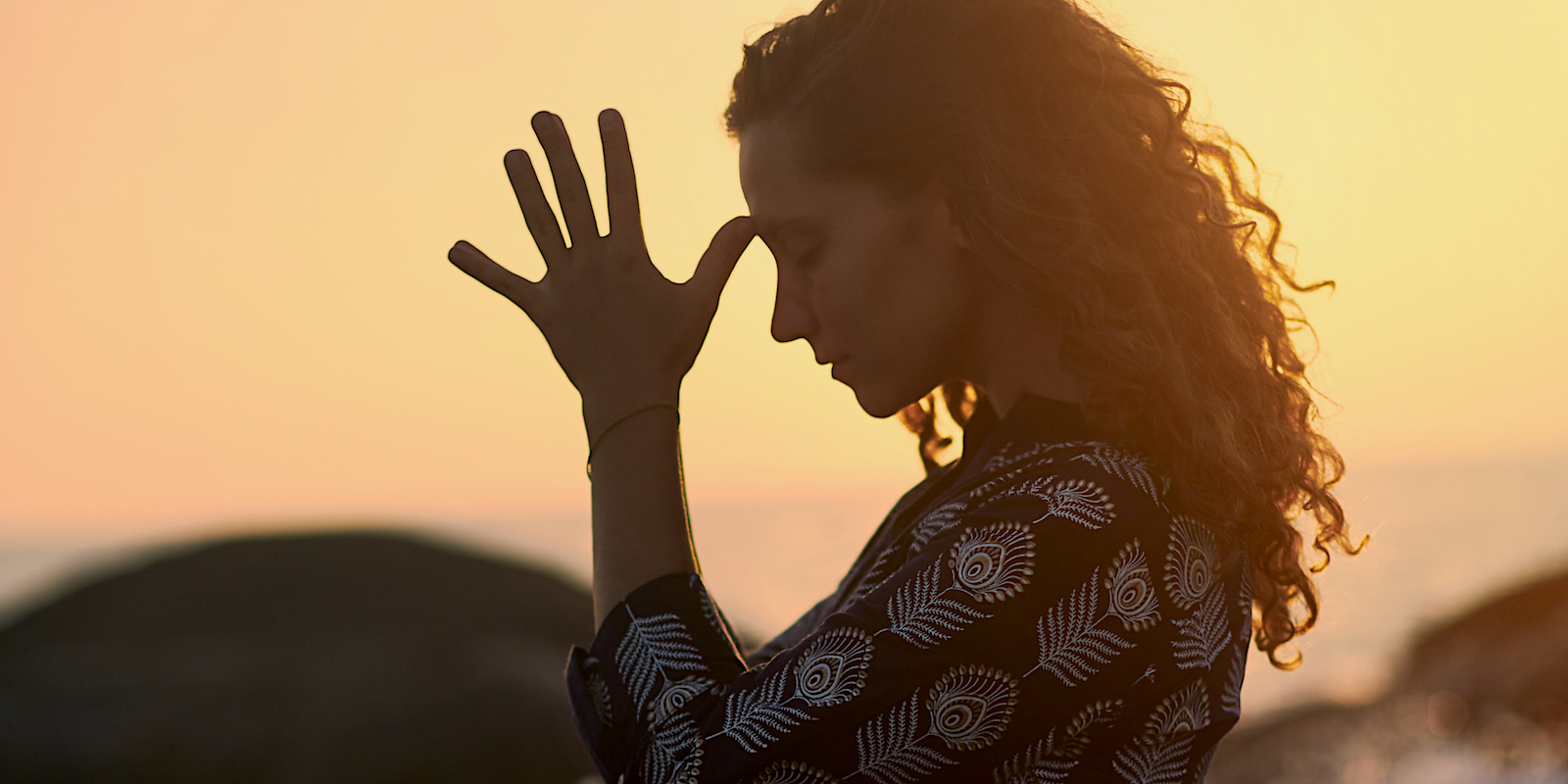
The English proverb says: ‘Six hours sleep for a man, seven for a woman, and eight for a fool.’ but even a fool is better off than someone who cannot sleep at all. An insomniac may have difficulty in falling asleep or in staying asleep, both of which can increase daytime fatigue and irritability.
What causes insomnia?
There are many reasons why you may have insomnia, chronic insomnia can itself be a symptom of another condition; some include receiving bad news, running out of time in an over burdened busy schedule; there are physical disorders such as ‘sleep apnoea’, restless legs, heart disease, lung disease, hot flashes, or diabetes, therefore it is wise to consult with your doctor if you are having trouble sleeping; the environment may also be a factor, like noise and light or lack of exercise during the day, lifestyle or the miss use of sleeping drugs can be another factor for having insomnia, or it can just occur for no apparent reason.
Insomnia can also be a symptom of psychiatric illnesses like depression and anxiety attacks. In all, we should be sensitive to those who spend the night trying to count all of the sheep in the world and never getting to sleep.
Alternative medicine or the use of alternative medicine types and natural remedies can be a very successful way in treating those suffering with insomnia – when administered properly by a qualified health specialist and therapist, they encompass a wide variety of disciplines that include everything from diet and exercise to mental conditioning and lifestyle changes. You may find one or more of the following alternative medicine types helpful to you.
The learning of relaxation techniques can help you to fall asleep faster and increase your sleep time, there are lots of things that you can do to improve your relaxation such as visualization which helps you relax by imagining a relaxing scene for you to sleep on.
Another alternative medicine type is meditation which essentially involves you focusing your mind on the present.
Some have found Yoga to be very relaxing and to encourage sleeping, Yoga develops the relationship between deep breathing, meditation, and stretching; There are many gentle styles of Yoga available that maybe helpful.
Acupuncture is often used in traditional Chinese medicine for treating cases of insomnia and is becoming a more popular practise in the western world.
A careful look and adjustment to your diet can make a huge difference too, particularly if you can cut out caffeine from your diet which can have a pronounced effect on sleep, in addition eliminating the drinking of tea and soft drinks at night time, can be beneficial.
Avoiding sweets or high sugar foods
Avoiding sweets or high sugar foods at night time that give you a short burst of energy will also help; because these type of high sugar foods can often cause uneven blood sugar levels, they can disturb your sleep in the middle of the night as the blood sugar level falls.
Apparently, it is proven that regular exercise deepens sleep in young adults with or without sleep disorders, therefore, increasing your personal exercise plan may also be an advantage in getting a better night sleep.
Alternative remedies such as using the root of valerian (Valeriana officinalis), and using herbs such as chamomile, passionflower, hops, ginseng, lemon balm and skullcap are all alternative medicine types that have been successfully used in treating people with sleep disorders. It is to be remembered that natural remedies are not always benign, some herbal therapies can interact with other medications you may be taking, therefore is it good practice to always consult with your doctor or health care provider before you change or adjust your current medication.
Many have found that taking a warm bath with appropriate aromatherapy oils added can relax the body and reduce a stressful mind to help you enjoy a comfortable rest through the night.


